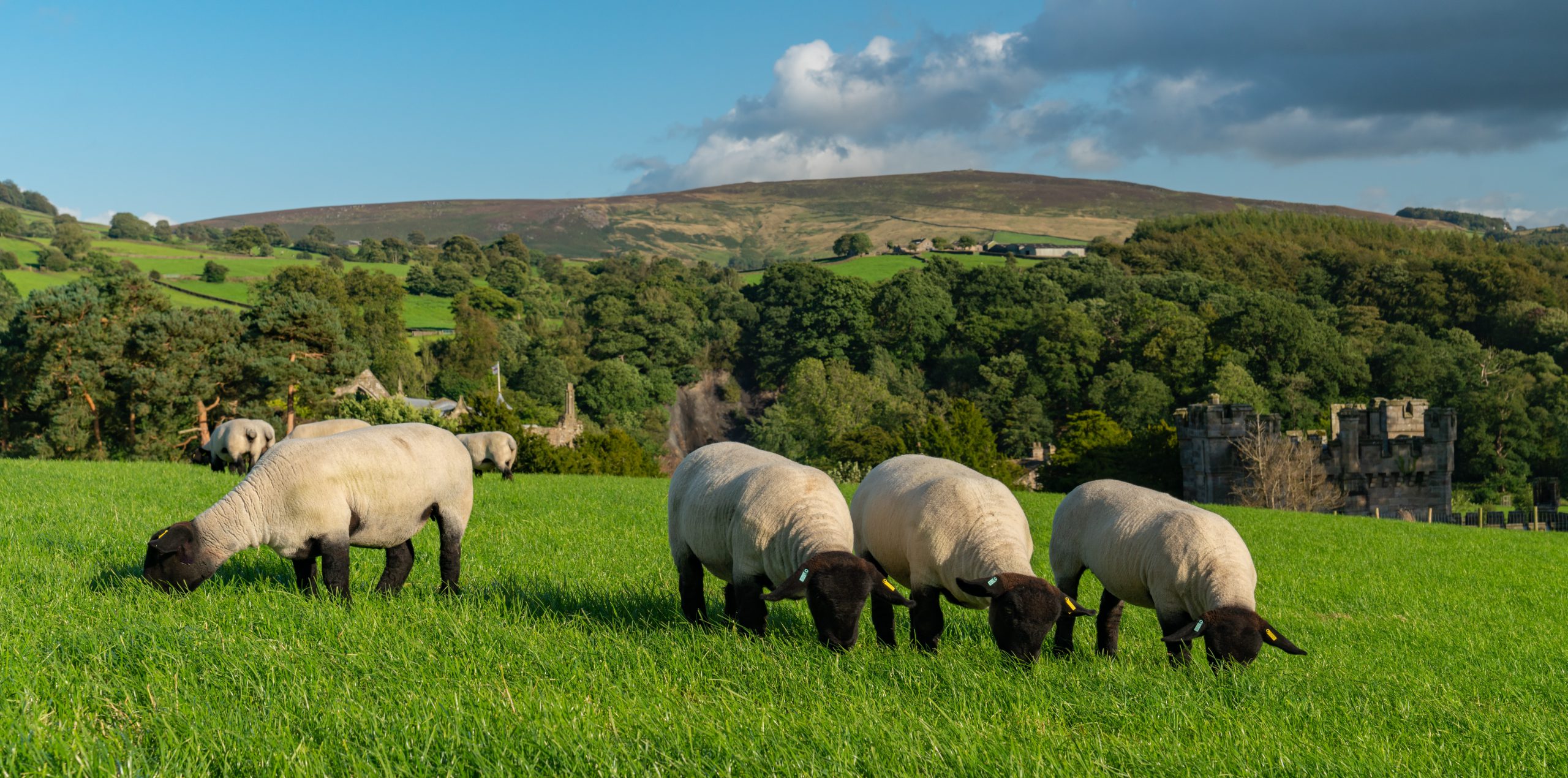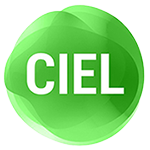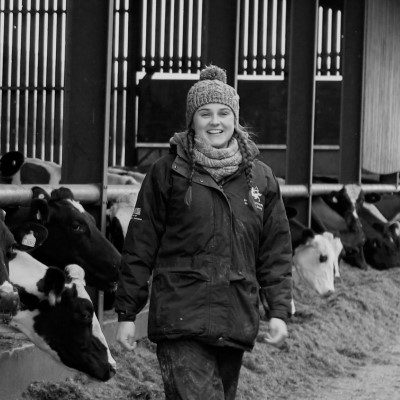CIEL | Blog: A lot can happen in a year
Ian Hewett – Livestock Information Limited

As the saying goes, ‘knowledge is power’, and the Livestock Information Service (LIS) is based around just that; capturing timely, high quality, livestock movement data to drive insights and intelligence so that it can be ready for use at any time it is required.
Striving to develop world leading standards of livestock traceability in the UK, the LIS will deliver a competitive trade advantage, help the food and farming sector become more resilient and improve the government’s response to animal disease outbreaks. It will, upon completion, support multiple species, including sheep, deer and goats, cattle and pigs with the opportunity to on board additional species in the future.
Standing at the helm of the organisation is Ian Hewett, Managing Director of Livestock Information Ltd. With a career forged in Defra, Ian comes from a strong background in policy and delivery, as well as having a broad understanding of the agriculture sector. Many in the industry may know him from his time at the Rural Payments Agency (RPA) and the Animal and Plant Health Agency (APHA), but since he joined LI Ltd in the summer of 2022, his focus has been on delivering this innovative service.
One year in, and Ian reflects on the work done so far: “Transforming the processes and developing the platform used for the livestock traceability service has been needed for some time due to the current services being disjointed, using systems which are soon to be outdated. When I came into the organisation last summer, there was a period of reset required to assess the work which had been done to date, and to put a robust plan in place for how to move forwards.”
The past 12 months has seen significant changes to the leadership team for Livestock Information Ltd and subsequently a full review has taken place to position the company in a better place for delivering the much-anticipated multi-species movement service.
“For me there are three key aspects to LIS. First it is a service, not just a system. Second, the service provides industry and the government with data in near real time. And third, the service will be digital by default. I know from my previous roles in Defra that the provision of accurate data in real or near real time is critical to the department’s ability to respond effectively to notifiable disease incidents and outbreaks for the relevant livestock species. Accurate and timely data is also of great value to industry and livestock keepers to develop the prospects for their business,” Ian says.
Looking ahead to the next five years there’s lots to look forward to, and activity is really ramping up as the programme transitions into the next phase of the service.
“We will develop the multi-species traceability service for sheep, goats and deer, cattle and pigs by the end of 2026. We will launch the UK View, initially for sheep this year, but expand into other species. I expect the company will increasingly focus on the provision of live services, including data services, both to benefit industry knowledge and government decision making,” Ian continues.
“The data held on LIS offers fantastic opportunities beyond the provision of traceability data to benefit keepers, industry and government. This includes assisting with knowledge-based trading for farmers, opening up new export markets for the industry and being able to provide a rapid response from government in the event of a disease outbreak. Data will be as accurate and as near real time as we can make it, which is important for making informed decisions. Industry have already made a number of suggestions for improving the live service for Sheep, Goats and Deer. I expect that trend to continue as new species are added to our live services to ensure it remains fit for purpose. The priority now is to deliver the cattle solution in Autumn 2024; this brings with it a range of complexities which we are working through to establish to best solution.”
Key features of the LIS platform:
- Ability to aggregate data from multiple sources, such as farm management systems, veterinary records, and slaughterhouse data
- Incorporate machine learning and artificial intelligence technologies, which will enable it to provide more accurate and timely information to users.
- Provide personalised advice to keepers on how to improve their animal health and welfare
- Opportunities for improving productivity and profitability for farmers
- Enhanced traceability and transparency in the supply chain
- Improved disease surveillance and control
The Livestock Information Service has been working closely with the Traceability Design User Group (TDUG); an independent group of 25 industry, government and academic specialists from across the meat and livestock industry. The TDUG acts as a bridge between the service and industry to ensure it is built for, and remains to be fit for, industry requirements.
In summary, the Livestock Information Multi-Species Platform has the potential to deliver significant benefits for keepers, the wider livestock industry, and the UK economy and will be a key component in animal disease management and control. It will provide opportunities for more information to be made available to the livestock industry, promoting greater efficiency and productivity.
To stay up to date with Livestock Information’s latest activity, follow them on Twitter, Facebook or Instagram. For more information, please visit: https://www.livestockinformation.org.uk/


Ian Hewett, Managing Director, Livestock Information Limited
With a career forged in Defra and the former Ministry of Agriculture, Fisheries & Food, Ian has undertaken a range of Policy and Delivery roles. Ian has also held several Director roles at the Rural Payments Agency and the Animal and Plant Health Agency, including interim Chief Executive.







